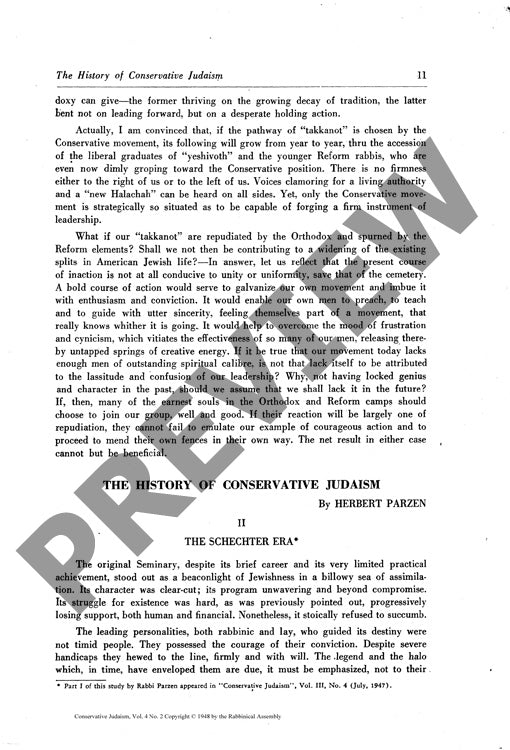The History of Conservative Judaism Part
Couldn't load pickup availability
The Conservative Judaism movement emerged in early 20th century America as a response to the growing tensions between Orthodox rigidity and Reform liberalization. This study examines the Schechter Era of the Jewish Theological Seminary, analyzing the theological and institutional foundations established under Solomon Schechter's leadership from 1902 onwards. Using historical analysis of primary sources including letters, speeches, and institutional documents, this research traces the development of Conservative Judaism's distinctive approach to Jewish law, tradition, and modernity. The study reveals that Schechter advocated for a historical understanding of Judaism that embraced both traditional observance and scholarly criticism, rejecting both extreme Orthodoxy and radical Reform positions. Key findings demonstrate that the reorganized Seminary, supported by prominent Reform Jewish philanthropists, established a theological framework emphasizing "Catholic Israel" as the ultimate religious authority, while maintaining respect for halakha and Jewish continuity. Schechter's approach incorporated elements of mysticism, opposed destructive biblical criticism, and affirmed the existence of Jewish dogmas contrary to contemporary apologetic claims. The research concludes that Conservative Judaism's early success stemmed from its strategic position between Orthodox and Reform movements, offering a viable path for maintaining Jewish authenticity while engaging with modern scholarship and American culture. This historical analysis provides crucial insights into the ideological foundations that shaped contemporary Conservative Judaism's approach to tradition, authority, and religious practice.

More Information
-
Physical Description
-
Publication Information
Published 1948
ISBN
-
Publication Credits
Herbert Parzen

